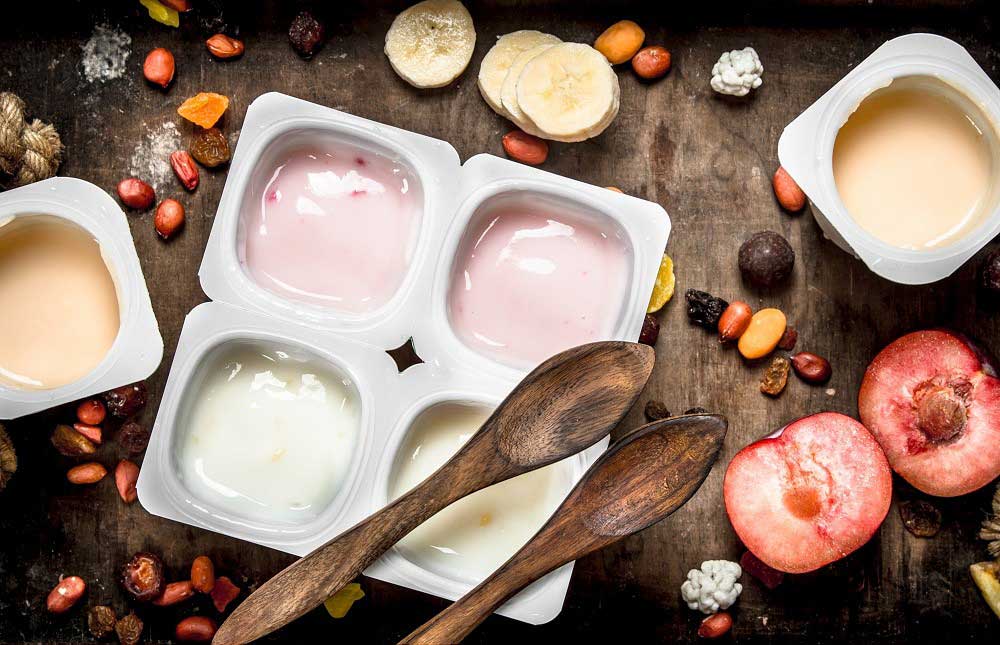

Immunity boosting diets exist but not in that detox (bring on the fruit juices) way that has captured one too many social media feeds, and health and wellness advertisements. Anyway, there aren’t any prizes for guessing what constitutes an immunity boosting diet. Here are two key words for you – balanced and consistent.
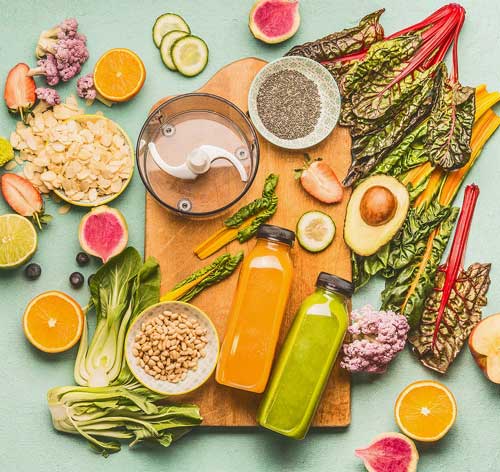

Any immunity boosting diet needs to be one that is balanced and must include all food groups such as carbohydrates, proteins, vegetables and fruits. It is the proportion of each of these food groups that differs from other diets such as keto.
The diet must be followed consistently, become a habit and a part of life. In fact, the diet itself is immunity supporting and not immunity providing. Furthermore, it is only one link in the chain of practices that are needed to keep healthy and assist the body with immunity. The diet aids in getting the body its vital vitamins and minerals such as vitamins A, B, C, D and E, and minerals such as folic acid/folate, zinc, iron and selenium.
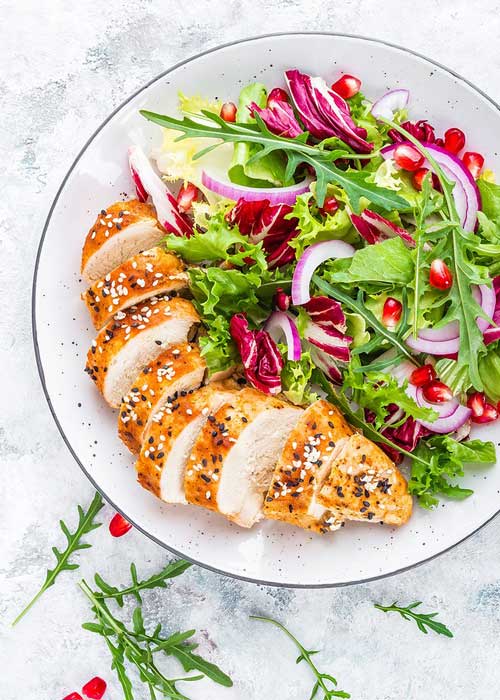

The food types for each of these vitamins and minerals are varied but constantly overlap too. For instance, tuna is a great source of vitamins A, B and D, iron and selenium. Dark green leaves (any mallung) specialise in being a good source of vitamin A and folic acid/folate, and supply the necessary dietary fibre as well. Enriched food products such as bread, pasta, rice and cereals may provide folic acid/folate, zinc and vitamin D – check the label.
Additionally, prebiotics such as garlic, onion, leeks and vegetables in general, beans and fruits, and probiotics such as yoghurt, curd and fermented vegetables (pickles) are important too.
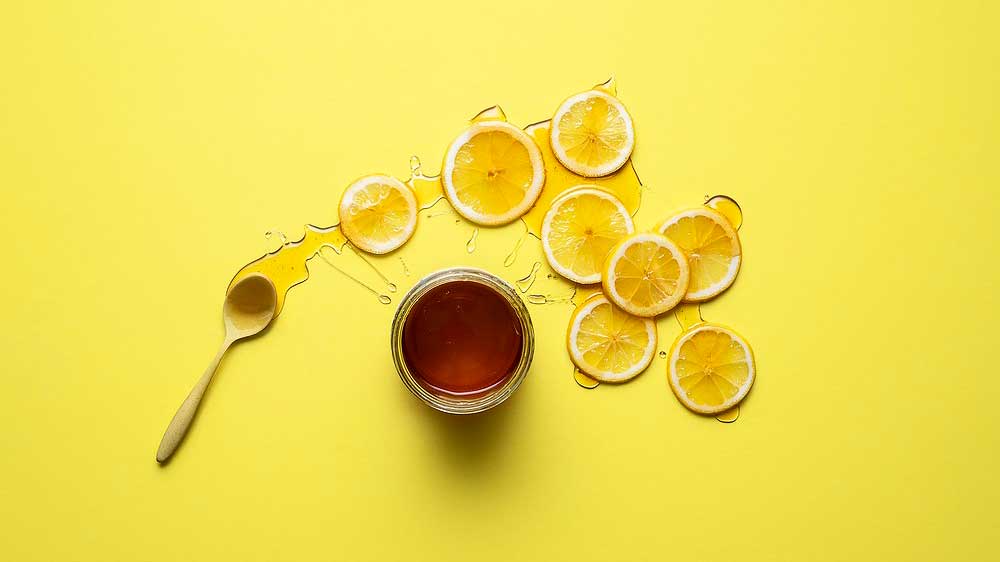

Following a balanced immunity supporting diet is only one step in the right direction. The way we live and work is also important in ensuring a healthy and robust immune system. This means the diet needs to be bolstered with regular moderate exercise and good sleep habits. Other important factors include the ability to manage stress through helpful activities such as meditation and not smoking or drinking alcohol excessively.
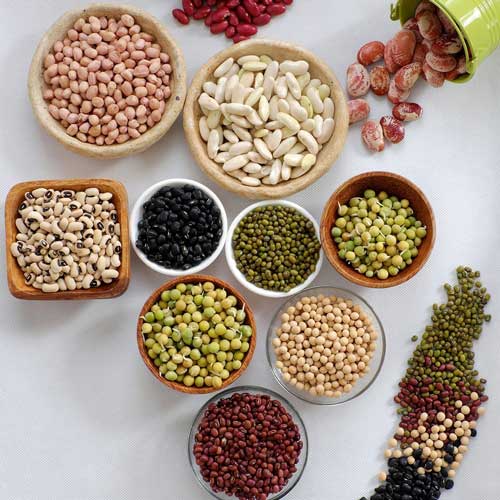

If balanced diets are not easy to come by, taking a multivitamin only in consultation with a doctor should be considered. However, it’s extremely important to note that none of these suggestions – the diet, lifestyle changes or multivitamins will prevent or cure diseases including COVID-19 but tuning the body can definitely help!

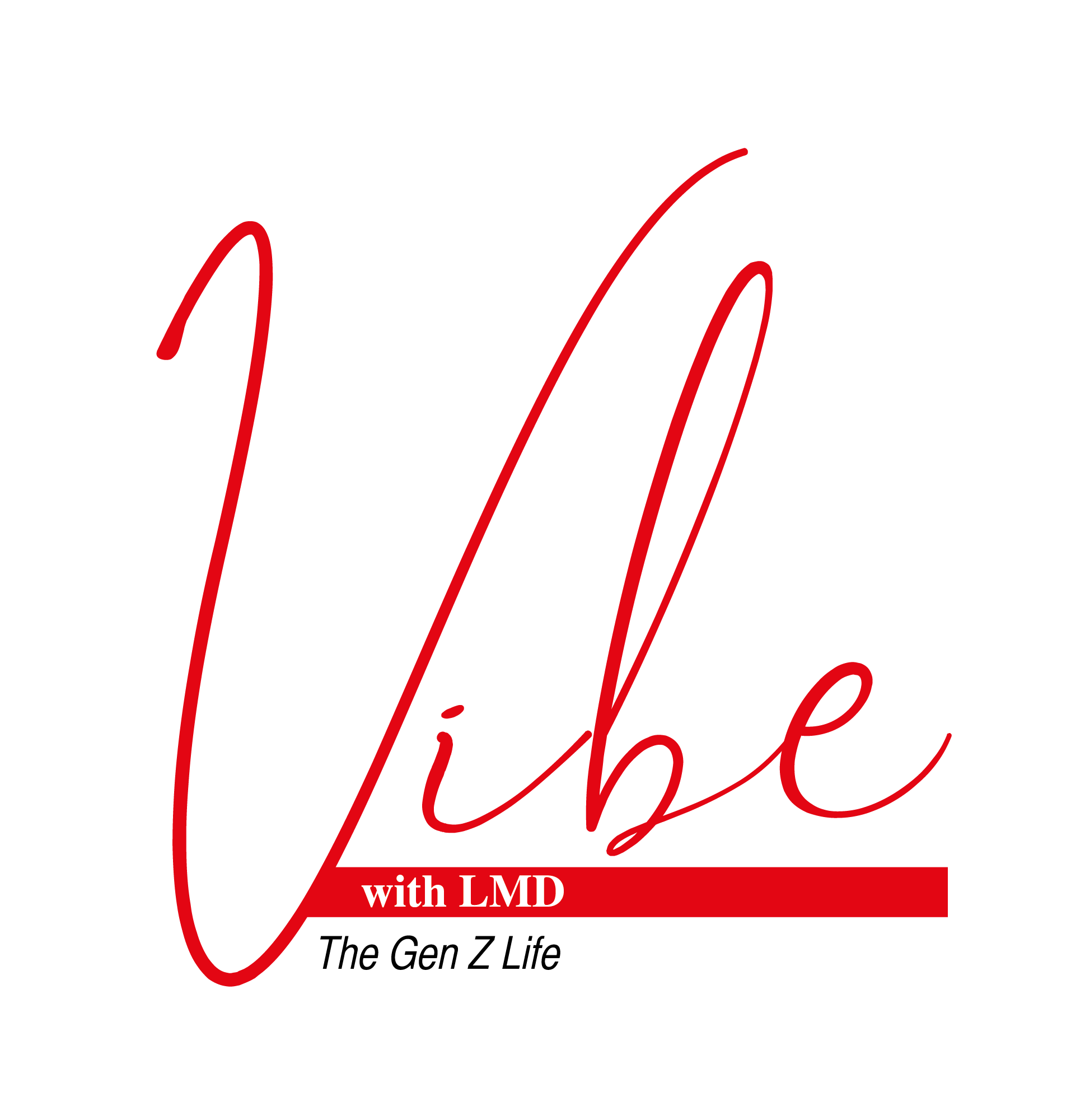











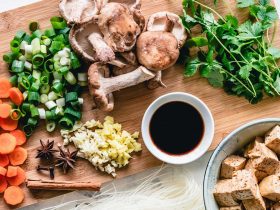


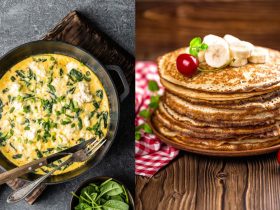
Leave a Reply
View Comments